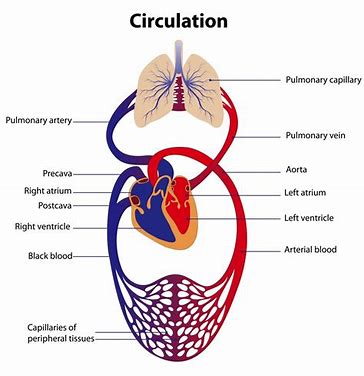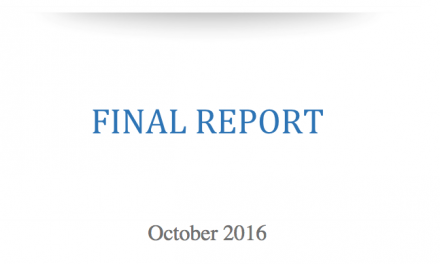“Here’s the latest research on cannabinoid receptors in the cardiovascular system,” writes Dr. Joe D. Goldstrich, forwarding a paper published online March 15 in the journal Molecular Cell Research. (Goldstrich, a former cardiologist, is curator of the Society of Cannabis Clinicians’ library.) Here’s the abstract from the new paper , “Cannabinoid-sensitive receptors in cardiac health and disease” by Sarah-Lena Paul, a Munich-based heart specialist:
The classical cannabinoid receptors CB1 and CB2 as well as the putative third cannabinoidreceptor family member GPR55 are widely distributed throughout the mammalian body and exert various physiological and pathological effects. Basic and clinical research has identified the receptors as potential targets in inflammatory, metabolic and cancer disease scenarios. In the cardiovascular field, CB1 and CB2 crucially impact on the development of atherosclerosis and acute myocardial infarction, the latter either promoted by coronary occlusion at the site of atheroma in patients or by experimental coronary ligation in animal models, respectively. CB1 and CB2 vitally affect acute cardiac inflammation triggered by preceding ischemia. Herein, the receptors modulate neutrophil and monocyte infiltration, macrophage polarization and lymphocyte properties amongst others via directly affecting immune cell attracting chemokines and cytokines. Furthermore, cannabinoids and their respective receptors are associated with numerous cardiac risk factors, such as impaired lipid and glucose metabolism and therefore obesity and diabetes, as well as vascular inflammation and impaired adrenoceptor responsiveness. Insights into vascular effects of cannabinoid receptor stimulation identify the cannabinoid system as promising target not only to therapeutically interfere with the vasculature per se, but also to affect the heart as target organ.
And here’s a graphic from Pal Pacher in Nature Reviews Cardiology:






